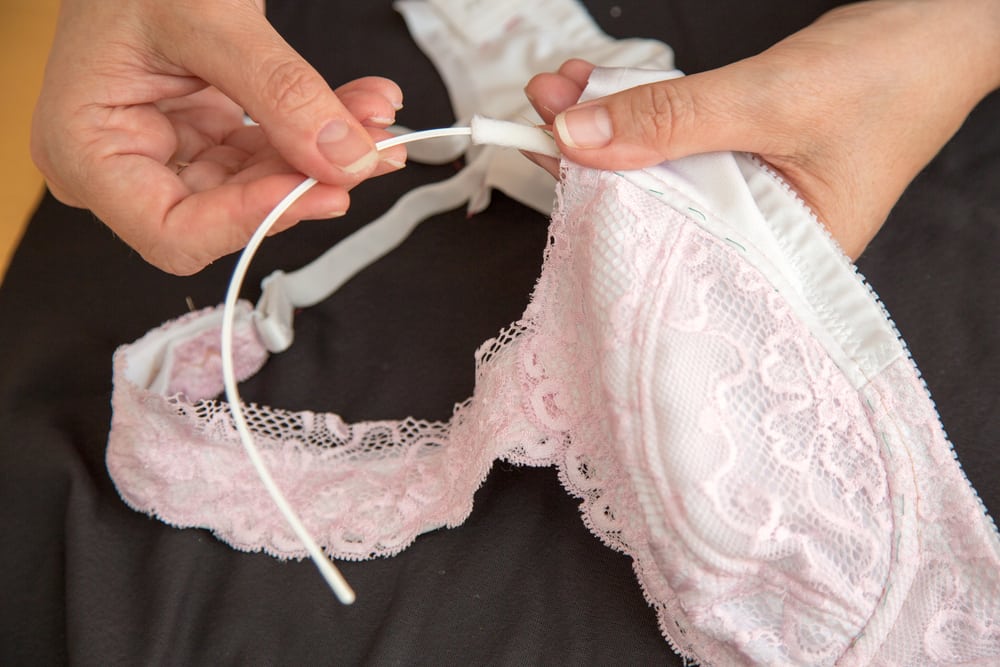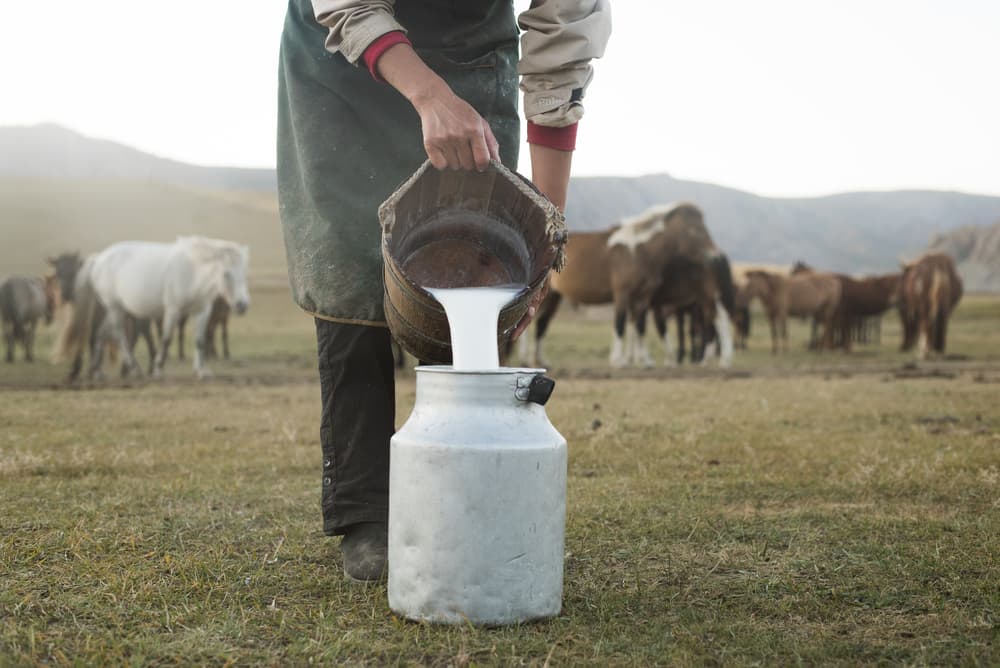Contents:
- Medical Video: 14 Weeks Pregnant - 14 Weeks Pregnant Symptoms - Pregnancy Week by Week
- Development of Infants at 14 Weeks
- How should the baby develop 14 weeks?
- What should I do with a 14-week-old baby?
- Baby Health 14 weeks old
- What do I need to discuss with the doctor?
- What should I know?
- Which must be considered
- What should I pay attention to in the development of a 14-week baby?
Medical Video: 14 Weeks Pregnant - 14 Weeks Pregnant Symptoms - Pregnancy Week by Week
Development of Infants at 14 Weeks
How should the baby develop 14 weeks?
A 14-week-old baby is feeling happy to touch and receive a touch from his parents. In fact, touch is very important in the growth and development of this 14-week baby.
All skin contact not only helps you and your baby get closer, but also helps calm the baby when he is disturbed or angry.
He might wave his arms and legs start pedaling. When your baby's hips and knees become more flexible, they will paddle stronger.
In the development of this 14-week baby, your child can:
- Laughing while making a loud voice
- Raising your head 90 degrees while lying down
- Shout when feeling happy
- Grasping his hands
- Laugh naturally
- Follow objects 15 cm apart and move 180 degrees from one side to the other in front of them.
What should I do with a 14-week-old baby?
You need to help the development of children by letting babies contact the skin with a variety of materials, such as fur, wool, and cotton.
At the stage of development of the baby 14 weeks, your child will usually put any object into his mouth, so attention to the things around him, do not give objects that are harmful to his health.
A 14-week-old baby may pinch his hand and hold or stretch his fingers together. Encourage your baby to coordinate his eyes and hands with a toy to see if he can get it.
When you touch the baby by gently blowing or massaging it and holding it on one side or kissing the baby's nose, this will help calm him and make him closer to you, even making him more alert and focused.
You can also do a simple massage, by placing the baby on a flat, warm surface, the blanket on the carpet floor, for example.
Put baby oil on the palm of your hand, rub it to warm the oil and the palm. Look at the child's eyes, sing or talk to him when you start the massage.
Pay attention to the child's reaction. If he is not interested, try massaging softer or stronger, or stopping. Sometimes, many babies like to just gently rub it.
Baby Health 14 weeks old
What do I need to discuss with the doctor?
Most doctors will not make an appointment or do a medical examination of this 3-month-old baby. However, you can always contact your doctor if you want to ask questions that cannot be postponed until the next examination period.
What should I know?
There are a number of things you need to know about 14-week-old babies:
1. The missed immunization dose
If your child has missed an injection (for example the tetanus, pertussis vaccine, polio), You don't need to worry. The doctor will give additional injections that were previously missed.
Even though the baby is usually affected fever or mild flu, he can remain immunized safely and effectively. Ask your doctor if your child has:
- High fever or other diseases
- Abnormalities or weakening of the immune system or your child is using drugs that interfere with the immune system
- Epilepsy
- Convulsions
- Taking steroids in 2 weeks in the previous 3 months
- Severe reactions to previous doses such as fever 40 degrees or more, convulsions, crying or fainting.
Premature babies and those who weigh less than 2.5 kg should be vaccinated according to schedule as well as babies born quite old, unless your doctor suggests otherwise because of the condition of a particular baby.
2. Provide additional nutrition with milk
Cow's milk is a good drink for children and the elderly, but does not contain nutrients that are so important for babies. This cow's milk contains more salt and protein than breast milk or formula milk, so it is not good for baby's kidney development.
Cow's milk contains enough iron, but more iron is contained in breast milk. In addition, cow's milk may cause mild intestinal bleeding in a number of babies.
So, if you plan to provide additional nutrition for babies with milk other than formula milk, please consult a doctor first
3. You have less bowel movements
Babies at this age have less bowel movements, maybe only once a day or even less, and this is normal.
The reason is that when they grow, they eat more, so the baby's digestive organs have to digest more of what they eat but spend less.
But 14-week-old babies breastfeeding can get more dirt out. This is not a strange thing. Babies aged 14 weeks who breastfeed are rarely affected by constipation.
Irregular bowel movements are not a sign of constipation, but constipation can be marked with a hard / dense discharge.
Which must be considered
What should I pay attention to in the development of a 14-week baby?
Below are a few things you should pay attention to in 14 weeks babies:
1. Sleep the 14-week-old baby
Many mothers often try to stay awake while breastfeeding their babies or waking their babies while sleeping and sucking. You have to put the baby to sleep when he is awake so that when weaned, the baby can sleep without breastfeeding or given bottle milk.
It makes more sense if you wait until the baby is 6-9 months old and less breastfeeding than teaching a 14-week-old baby to sleep without drinking breast milk or bottled milk.
When the child is used to it, he will be able to sleep faster after weaning. However, every time there is a chance, put the baby for a moment. Keep stroking, feeding or singing lullaby so the baby is more easily drowsy and asleep.
2. Room with baby
In the first or second month, parents are generally busy taking care of children. You will have to feed, change diapers, and hug her every day. Some parents sleep with babies in one room, so they can take care of the baby easily and comfortably.
However, if you do not intend to let him share the room with you, put it in a separate room, where this age children do not need milk too often (usually at the age of 2-4 months).
The reason is, if you are still in room with the baby, it is possible the following problems can appear:
Babies sleep less than before
When sharing a room with a baby all night, you will try to hold the baby to calm him when he wakes up or cries. This can interfere with baby's sleep.
Plus, babies sometimes cry and make their own sounds at this age at night. Keep in mind, that most babies easily fall asleep again in a few minutes without having to be calmed.
So, if you immediately carry it when the baby groans, you might accidentally wake up and disturb his sleep.
Parents lack sleep
The fact that you have to carry it more often at night to let the baby sleep in the same room at the expense of your rest time at night.
More rarely having sex
How can you have sex with your partner when the baby sleeps next to you?
Allowing a 14-week-old baby to sleep in a room with you for a long time can also cause you trouble sleeping if your baby sleeps in another room later on.
If the baby has to share the room with other children in the house, setting a sleep schedule can follow the baby's sleeping habits.
If one or both babies tend to wake up at night, you will find it difficult because both babies or children can wake up. You can provide a separate bedroom to reduce noise in order to create a private space for older children.












